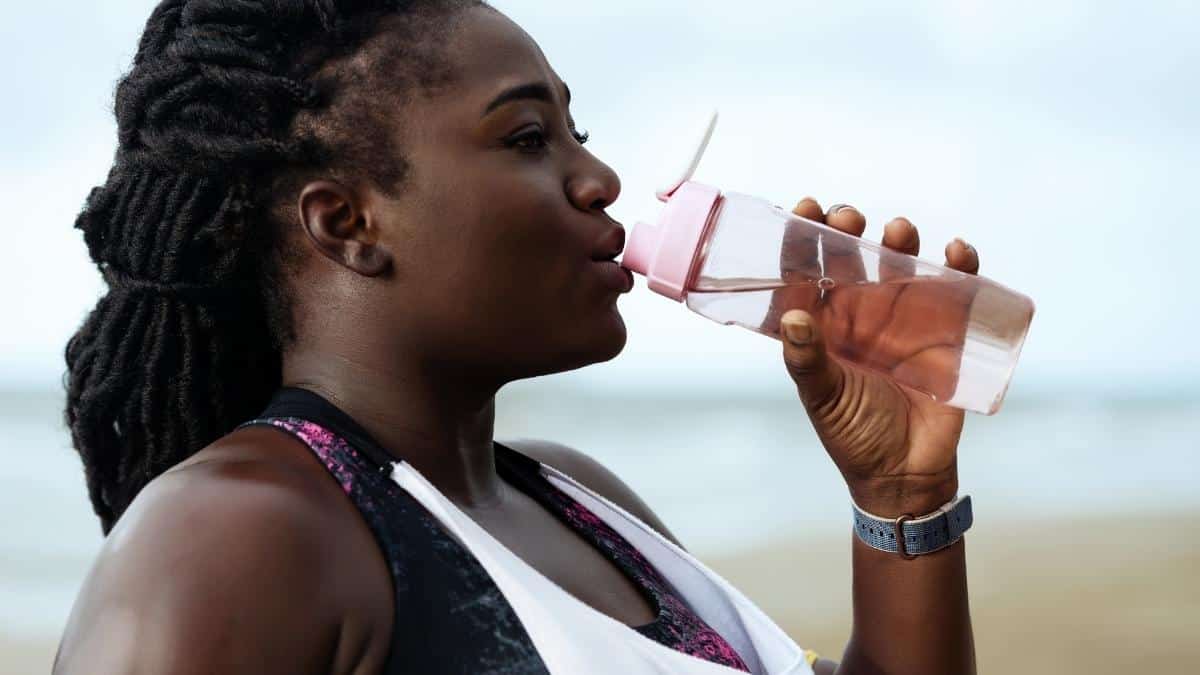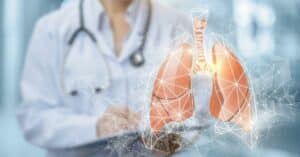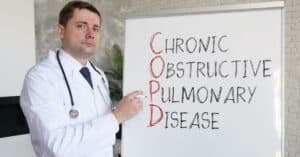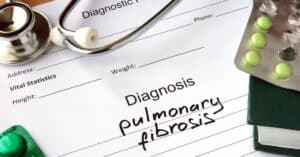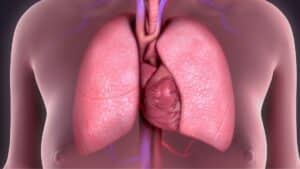For people living with chronic obstructive pulmonary disease (COPD), staying properly hydrated can be challenging but is an important part of managing COPD.
For example, many people with COPD experience increased mucus production. The excess mucus becomes thick, sticky and difficult to cough up.
However, drinking enough water can thin mucus and make mucus easier to clear out from the lungs.
So with your health in mind, the Lung Institute has put together a few facts and tips about staying hydrated with COPD to help you breathe easier.
Why is water so important to staying hydrated with COPD?
In order to stay hydrated, it’s important to drink enough of the right kinds of fluids every day.
Drinking water, of course, is an excellent way to stay hydrated. In fact, water is one of the most crucial nutrients the body needs and works with many of the body’s processes, including:
- Hydration
- Lubricating joints
- Regulating body temperature
- Protecting the eyes and mouth
- Removing waste from the body
- Transporting other nutrients throughout the body
Actually, water makes up more than 50 percent of the human body. Through sweating, urinating and breathing, a person can lose 2-3 quarts of water per day, so it’s crucial for people to replace the water in their bodies by staying hydrated.
Typically, doctors recommend that people with COPD drink around 64 to 96 ounces of water, which is about 8 to 12 glasses. Of course, it’s important to discuss your personal hydration needs with you doctor before drinking more water.
As previously stated, for people with COPD, excessive, sticky mucus can make breathing difficult especially if you body is not positioned correctly to reduce shortness of breath. Drinking enough water can thin the mucus, making it easier to cough up. However, there are more benefits to staying hydrated with COPD.
Drinking enough water can also help people with COPD fight off infections better. For people on oxygen therapy, the oxygen can cause symptoms of dryness and irritation in the nasal passages and airways. The good news is that drinking enough water can help prevent this dryness while keeping you hydrated.
What drinks should I avoid, and what drinks will help keep me hydrated?
While there are many drink options available, it’s important to know which liquids to avoid. Drinks that contain caffeine such as tea, soda and coffee as well as alcoholic beverages can actually dehydrate you or pull water away from your body.
It’s best to avoid these drinks or only drink them in moderation followed by a glass of water.
Many people like to use sports drinks like Powerade and Gatorade to replenish electrolytes and rehydrate the body. While these drinks may help, they can also contain high amounts of sugar.
To reduce the sugar amount, you can try watering sports drinks down and drinking them in moderation under the guidance of your doctor.
There are many fluid options that will help hydrate or rehydrate you as well. You guessed it; water is the best hydrating liquid.
The best drinks for staying hydrated with COPD include:
- Water
- Broth soups
- Fruit Juice (100 percent, natural fruit juice)
- Decaffeinated coffee
- Decaffeinated tea
- Coconut water
Can certain foods help with hydration?
You can actually eat your water and receive important nutrients, vitamins and minerals from certain foods. Foods that are excellent sources of water and also contain vital nutrients include:
- Cucumbers
- Celery
- Radishes
- Tomatoes
- Bell peppers
- Watermelon
- Spinach
- Strawberries
- Baby carrots
- Cantaloupe
Even though these foods have a high water content, they also provide important nutrients. In fact, celery contains folate and vitamins A, C and K, and watermelon is rich in the antioxidant lycopene.
Spinach contains lutein, potassium, folate and vitamin E, and cantaloupe provides you with vitamins A and C.
Electrolytes and staying hydrated with COPD made easy
Staying hydrated with COPD isn’t just about drinking enough water. It’s also about eating foods rich in water and maintaining a healthy balance of your electrolytes.
When you become dehydrated, you may also experience an imbalance in your electrolytes. Electrolytes are electrically-charged minerals, which aid in regulating water quantities, muscle activity and pH levels in your body.
If you’re trying to replenish your electrolytes while you hydrate as well, try eating foods that contain potassium, magnesium, calcium and some sodium.
For example, bananas, sweet potatoes, baked potatoes, oranges, almonds, raisins are rich in potassium. Excellent sources of magnesium include bran cereal, brown rice, almonds, molasses, bananas, okra and Lima beans.
When it comes to calcium, try foods such as sardines, salmon, kale, mustard greens, dried figs, hazelnuts, almonds as well as both dairy milk and fortified almond, rice or soy milk.
Remember to discuss your personal hydration needs with your doctor before you change your diet or treatment plan.

Christine Kingsley, APRN is the Health and Wellness Director at the Lung Institute where she focuses on providing helpful online resources for people looking for information on various lung diseases, breathing exercises, and healthy lifestyle choices. She advocates for holistic care that involves working with your doctor to explore all options including traditional and alternative care while focusing on diet and exercise as proactive measures.
